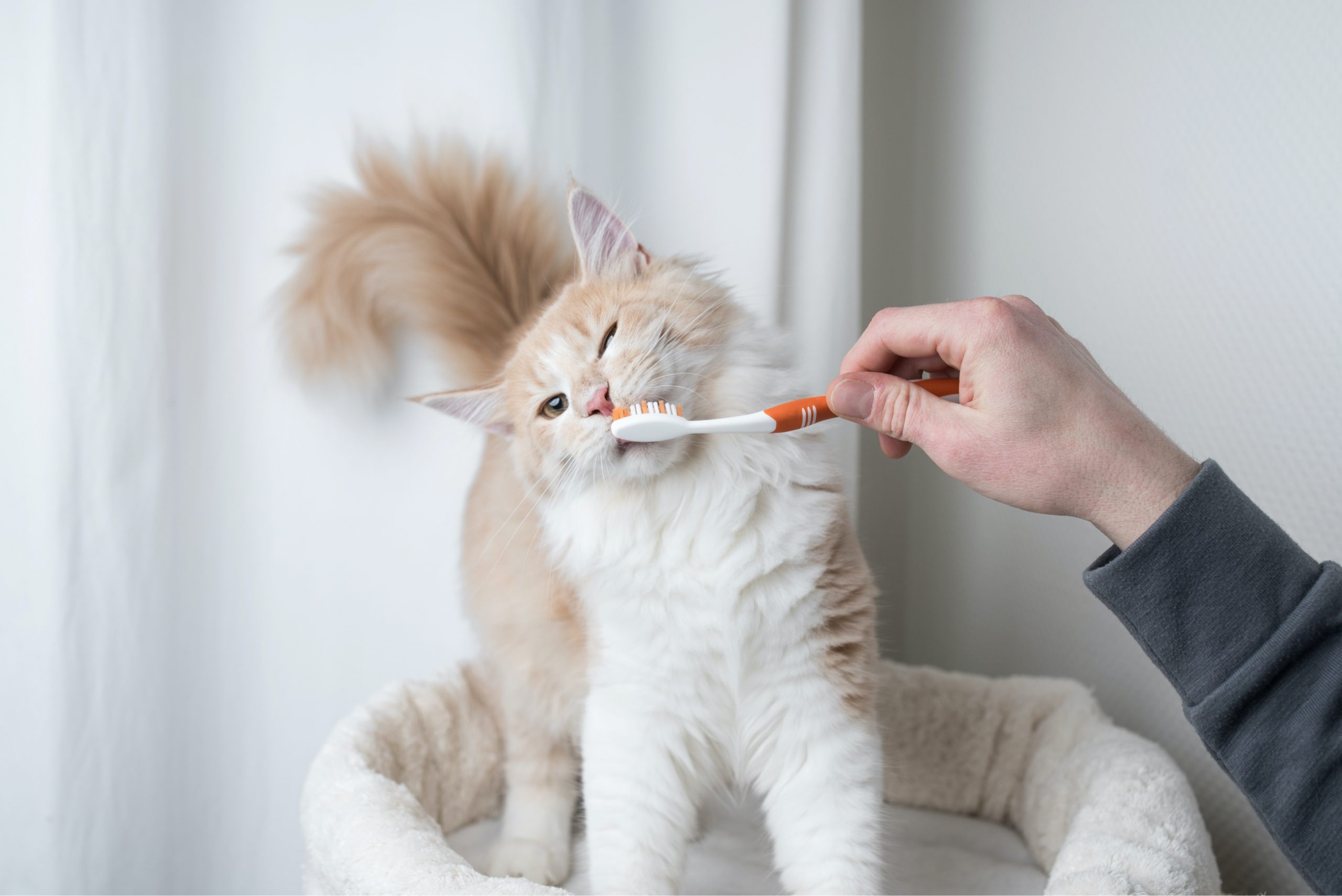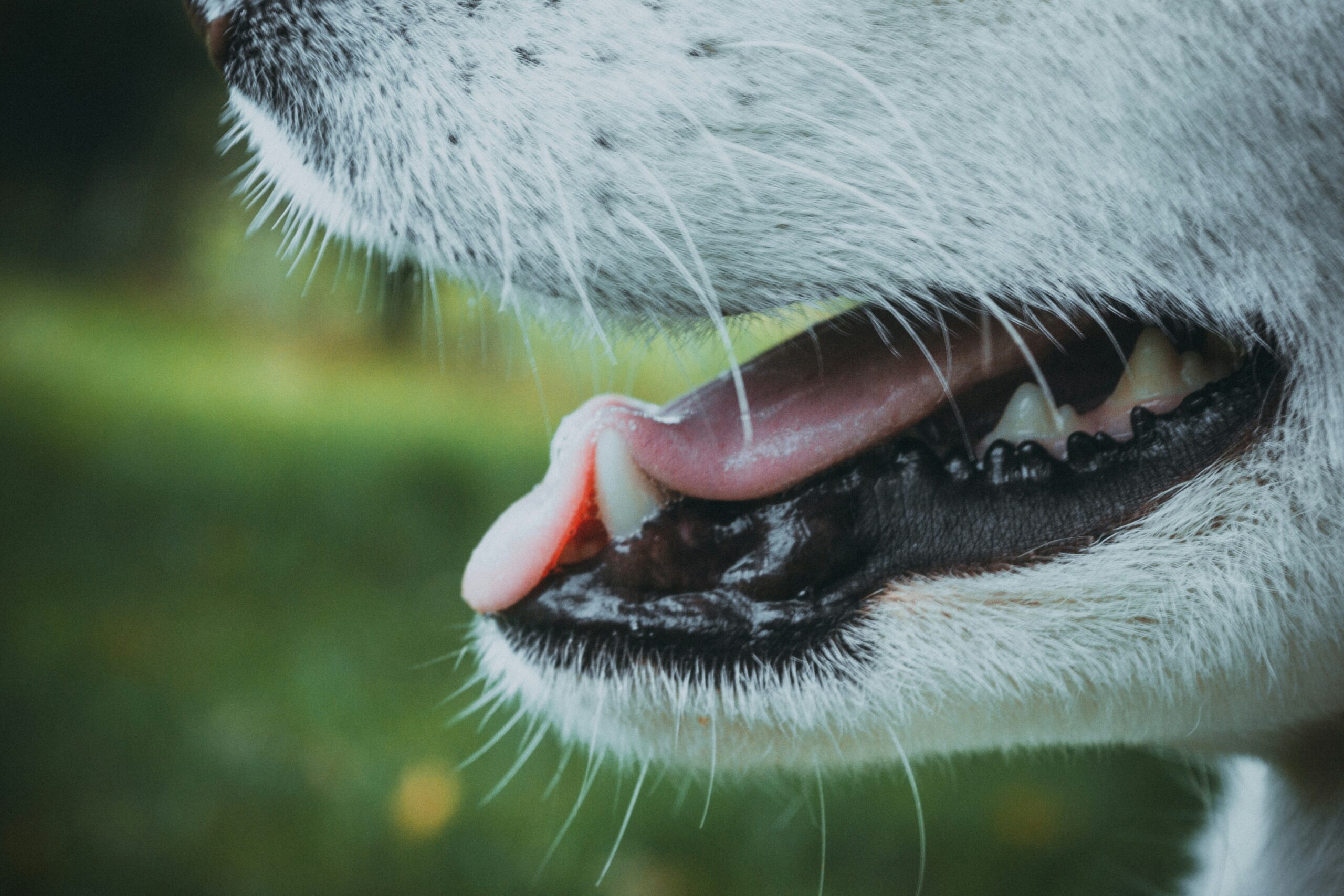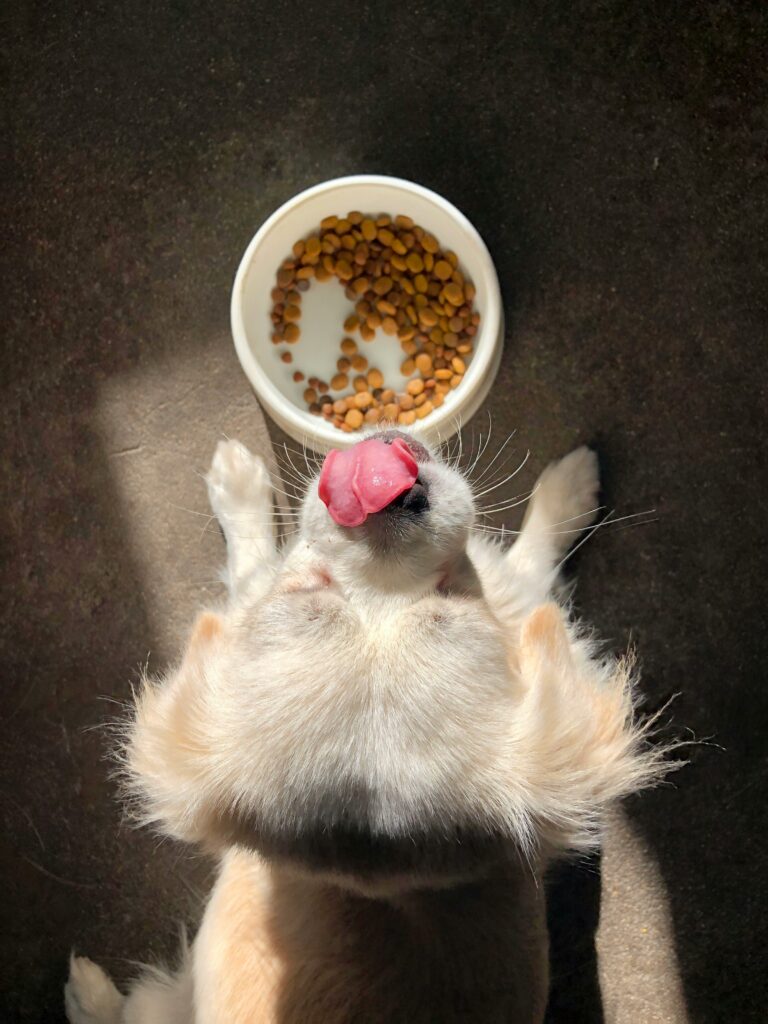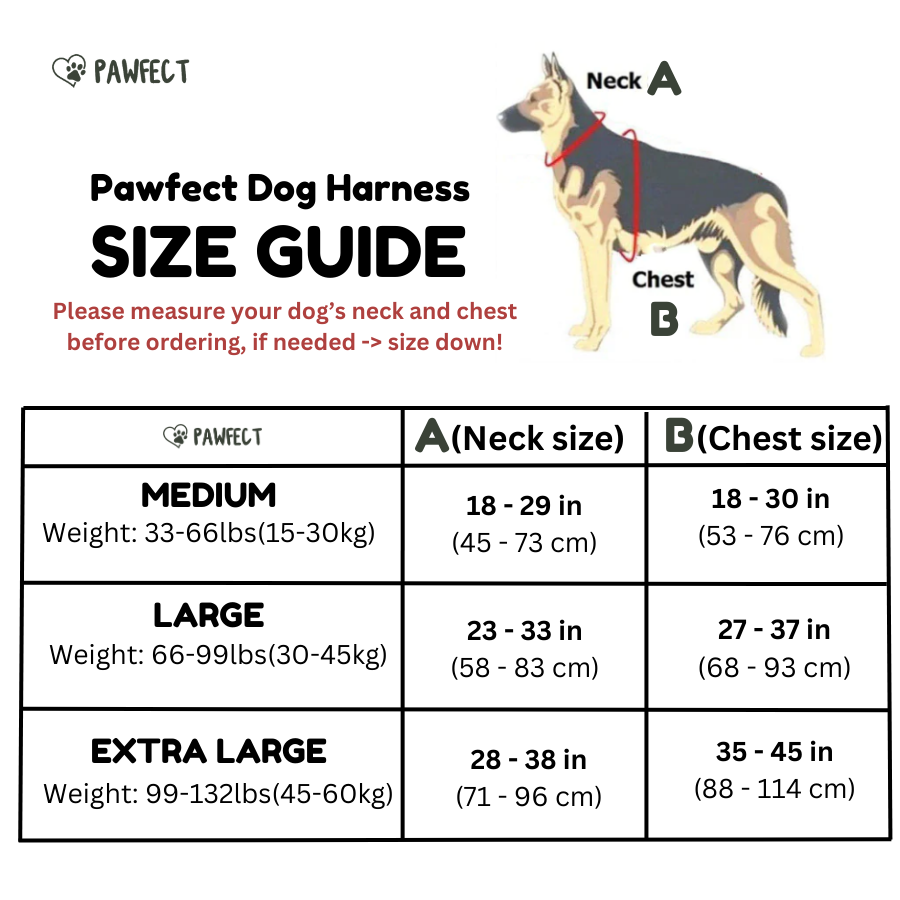Healthy Dental Practices for Pets

Maintaining your pet’s dental health is crucial for their overall well-being. Poor dental hygiene can lead to serious health issues, including infections, tooth loss, and even heart disease. Despite this, dental care for pets is often overlooked by pet owners. By incorporating a few simple practices into your pet’s routine, you can help ensure they maintain a healthy mouth and a happy life. Here are some essential practices to keep your pet’s teeth and gums healthy:

1. Regular Brushing
Brushing your pet’s teeth is one of the most effective ways to maintain their dental health. Use a pet-friendly toothbrush and toothpaste to remove plaque and prevent tartar buildup. It might take some time for your pet to get used to the brushing process, so start slowly and be patient. Aim to brush your pet’s teeth at least 2-3 times a week. Consistency is key, and making it a routine can significantly improve their dental hygiene.
2. Dental Chews and Toys
Dental chews and toys are not only enjoyable for your pets but also beneficial for their teeth and gums. These products are designed to clean teeth and massage gums as your pet chews, helping to reduce plaque and tartar buildup. Chewing also stimulates saliva production, which helps to naturally cleanse the mouth and keep it healthy. Choose chews and toys that are appropriate for your pet’s size and chewing habits to ensure safety and effectiveness.
3. Healthy Diet
A balanced diet plays a crucial role in your pet’s dental health. Dry kibble can help scrape away plaque, while wet food can stick to teeth and promote bacteria growth if not cleaned properly. Avoid feeding your pets sugary treats that can contribute to dental decay. Instead, opt for healthy snacks like dental treats designed to support oral health. Some specially formulated pet foods are available that target dental health, providing additional benefits beyond basic nutrition.
"Good dental hygiene isn't just about fresh breath; it's essential for your pet's overall health and longevity."
4. Professional Cleanings
Regular veterinary check-ups are essential for maintaining your pet’s dental health. During these visits, your vet can perform professional dental cleanings to remove tartar and plaque buildup that brushing might miss. These cleanings are usually done under anesthesia to allow for a thorough examination and cleaning. Your vet can also check for any signs of dental disease or other oral health issues, providing early intervention if necessary.
5. Regular Inspections
Examine your pet’s mouth regularly for signs of dental problems, such as bad breath, red or bleeding gums, loose teeth, or swelling. Early detection of dental issues can prevent more serious health problems down the line. Look for changes in your pet’s eating habits or behavior that might indicate oral pain. If you notice anything unusual, consult your veterinarian promptly for advice and treatment.
6. Dental Supplements
Consider adding dental supplements to your pet’s diet to support their oral health. Water additives and dental gels can help reduce bacteria and maintain oral hygiene between brushings. These products are easy to use and can be a valuable addition to your pet’s dental care routine. Be sure to choose supplements that are specifically formulated for pets and follow the manufacturer’s instructions for use.
7. Hydration
Ensure your pet always has access to fresh water. Hydration is important for maintaining a healthy mouth and preventing the buildup of bacteria. Water helps to wash away food particles and debris, reducing the risk of plaque and tartar formation. Encourage your pet to drink water regularly, especially after meals and playtime.
Tags
What do you think?
Related Articles

The Importance of Pet Nutrition: A Guide to Keeping Your Furry Friends Healthy 🐾
As pet owners, we all want to provide the best care for our furry friends. One of the most crucial aspects of pet care is

The Benefits of Adopting Senior Pets
The Joys of Adopting Senior Pets Adopting senior pets offers countless benefits, both for the pets and their new families. Here’s a detailed look

Holiday Food Dangers for Dogs and Cats
We look forward to the deliciousness of the holiday season for many reasons – special meals and drinks, seasonal treats…
 Free SHIPPING ON ALL ORDERS
Free SHIPPING ON ALL ORDERS 
